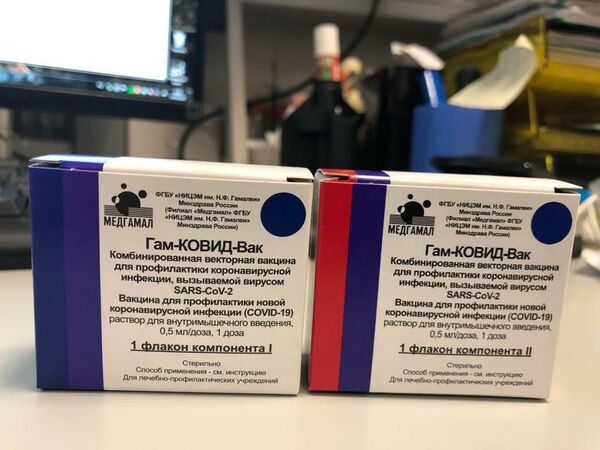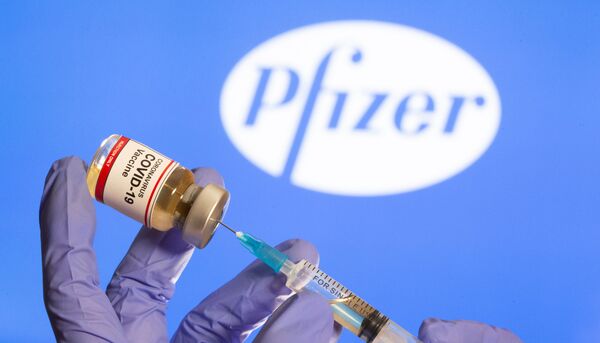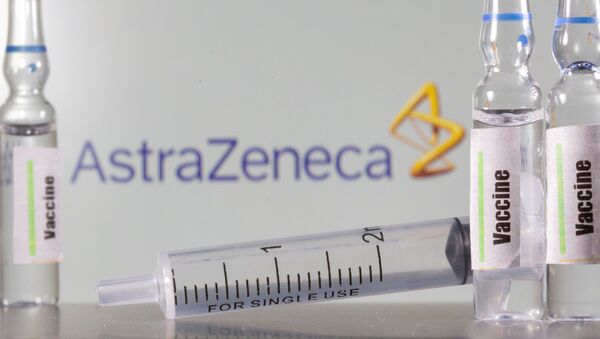The vaccine developed by the University of Oxford and AstraZeneca stops 70 percent of people developing COVID-19 symptoms.
"One dosing regimen (n=2,741) showed vaccine efficacy of 90% when AZD1222 was given as a half dose, followed by a full dose at least one month apart, and another dosing regimen (n=8,895) showed 62% efficacy when given as two full doses at least one month apart. The combined analysis from both dosing regimens (n=11,636) resulted in an average efficacy of 70%", the pharmaceutical company said in a press release on Monday.
According to AstraZeneca, no hospitalizations were reported in participants of the trials.
The pharmaceutical company added it would seek an emergency use listing from the World Health Organization (WHO) "or an accelerated pathway to vaccine availability in low-income countries".
AstraZeneca's COVID-19 vaccine came in lower than the other three candidate vaccines such as that made by US drugmaker Pfizer, Russia’s Sputnik V and the vaccine produced by another US pharmaceutical firm, Moderna. This makes AstraZeneca’s vaccine the least efficient of the four vaccines to have reported their efficacy this month.
On 9 November, Pfizer said its vaccine was more than 90 percent effective against COVID-19. Moderna said on 16 November that its vaccine is 94.5 percent effective. Both Pfizer’s and Moderna’s vaccines are based on a new messenger RNA technology.
Russia’s Sputnik V vaccine on 11 November demonstrated 92 percent efficacy during the third phase of clinical trials. Sputnik V uses human adenoviruses, normally the cause of the common cold. This technology has been extensively used for decades and demonstrated safety in more than 10 million people vaccinated with human adenoviral vaccines.

The AstraZeneca vaccine, whose efficacy was reported on Sunday, also belongs to the class of adenoviral vector-based vaccines but the British company uses chimpanzee adenovirus to construct its vectors.
This solution is meant to help overcome the pre-existing immunity to a human adenovirus but it will also be the first time in the history of vaccines that an alien non-human chimpanzee virus will be used as a vector to produce a vaccine. There are no long-term studies to demonstrate this technology’s safety.

This is raising some concerns among people over AsraZeneca’s vaccine’s reliability and possible side effects. There are also concerns related to known facts that many human diseases are caused by animal viruses.
A recent poll, conducted by YouGov international polling agency in 11 countries with a combined 30 percent of the world’s population revealed that nine out of 10 people would prefer a vaccine based on the human adenovirus as opposed to chimpanzee adenovirus platforms.


